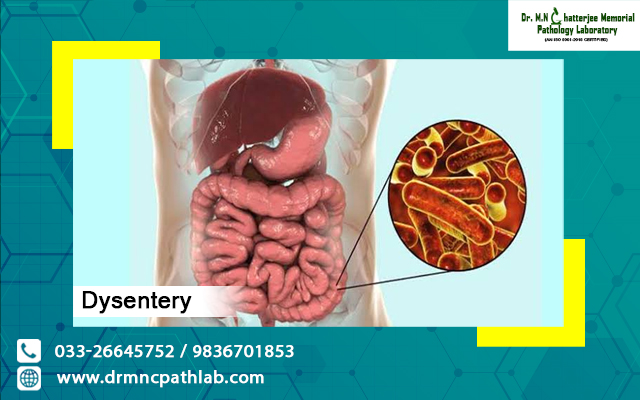A type of intestinal infection causing severe diarrhoea with blood is called dysentery. There may be mucus with stool in some cases. The duration of this condition is normally from 3 to 7 days. Vomiting, nausea, abdominal cramps or pain, dehydration and fever are some other symptoms. The lack of hygiene is a major reason behind the spreading of dysentery. Through contact with food or water contaminated with faecal matter, the infection also spreads. You can prevent dysentery and stop it from spreading by careful handwashing and proper sanitation. Many people suffering from dysentery visit the doctor clinic in Uttarpara for treatment.
Types of dysentery
There may be either bacterial dysentery or amoebic dysentery in most people suffering from dysentery. An infection with bacteria is the cause of bacterial dysentery. The cause of amoebic dysentery is a single-celled parasite that affects the intestines. The other name of it is amoebiasis.
Causes
Poor sanitation is usually the cause of shigellosis and amoebic dysentery. This happens in the environments where the faecal matter of people who have dysentery comes into contact with people who don’t have dysentery. There are various ways through which this contact happens. These include swimming in contaminated water, improper handwashing by infected people, contact with contaminated food, water and other drinks and physical contact. Anyone can be affected by shigellosis, although children are mostly at risk. If you come in close contact with an infected person at home or some other places including hospitals, nursing homes and clinics, you will also get infected.
Diagnosis
You should immediately consult the best doctor in Uttarpara if you have symptoms of dysentery. Dysentery can lead to severe dehydration and can be life-threatening if you do not have proper treatment. The doctor will examine your symptoms when you will go for a medical consultation. Diarrhoea can be due to many conditions. The doctor can refer for diagnostic testing to determine which bacteria are present if you don’t have other symptoms of dysentery. For determining the effectiveness of an antibiotic, the doctor may also perform additional tests.
Treatment
You have to rest and drink plenty of fluids if you have mild shigellosis. There can be relief from cramps and diarrhoea if you take bismuth subsalicylate (Pepto-Bismol). The doctor can use antibiotics to treat severe shigellosis, but the bacteria that cause this condition have high resistant power. If you find that there is no improvement in your condition even after taking medicines for some time, inform your doctor. He/she may adjust your treatment plan if the Shigella bacteria in your body may be resistant. The treatment of amoebic dysentery is done with metronidazole (Flagyl) or tinidazole (Tindamax). The use of these drugs helps in killing the parasites. In order to make sure that all the parasites are gone, the doctor gives a follow-up drug in some cases. If your condition is severe, your doctor may suggest giving you an intravenous (IV) drip to replace fluids and prevent dehydration.






